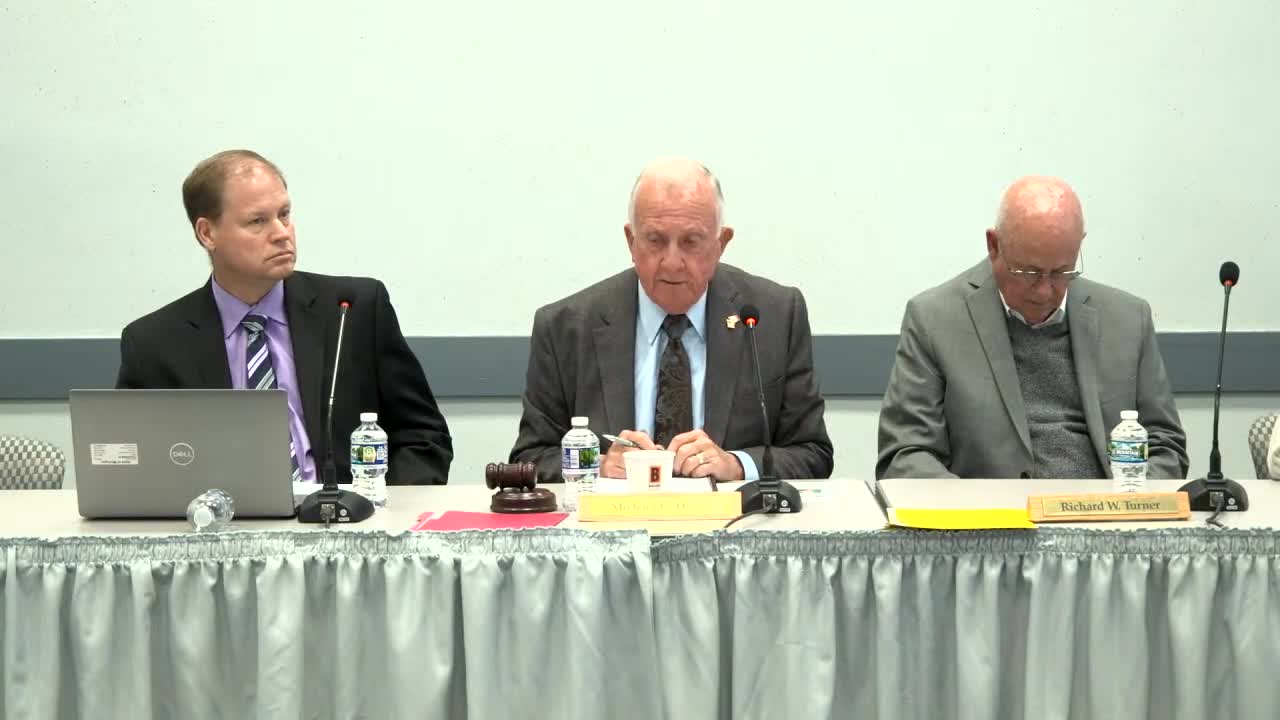Michigan Public Transit Association warns state transit reimbursement still below historical levels despite recent budget increase
Get AI-powered insights, summaries, and transcripts
Subscribe
Summary
John Domas, director of the Michigan Public Transit Association, told the State Transportation Commission that recent budget increases have provided short-term relief for transit but that state reimbursement remains below historic levels and rural systems are most at risk.
John Domas, director of the Michigan Public Transit Association, told the commission that while recent state budget action provided short-term relief for transit operations, long-term funding gaps remain and rural services are most vulnerable.
Domas said Michigan had roughly 47 million rides in 2024 and that local transit budgets are roughly split among federal, state and local sources. He told commissioners that Local Bus Operating (LBO) reimbursement is approximately $271 million in the current year, while a figure of about $450 million would be required to restore historic reimbursement levels. "If we were at the fully funded level, that would actually be 450,000,000," Domas said, adding that agencies across the state face rising costs and that he expects roughly $25 million to $35 million a year will be needed just to preserve existing services.
Domas described the recent budget as providing a $45 million immediate budget increase that he said will preserve LBO reimbursement rates for fiscal year 2026 and avoid expected local service cuts. He also said the neighborhood roads fund included a $100 million boost over five years that could support operating and capital needs in some areas.
Why it matters: Local transit agencies depend on state reimbursement and local revenue sources such as millages; Domas said rural systems and those without local millages are at particular risk if state support declines.
Examples and local context: Domas described Calhoun County's pilot program, funded by MDOT for two years, in which ridership exceeded expectations and led to voter approval of a 2.66-mill transit millage in November 2024.
Commission discussion: Commissioners thanked Domas and asked questions about recent local millage results; Domas said the association went 2 for 3 on millage votes in the recent election cycle and that new millages are harder to pass than renewals.
Source attribution: Remarks and figures in this article are directly attributed to John Domas during his presentation to the commission.
